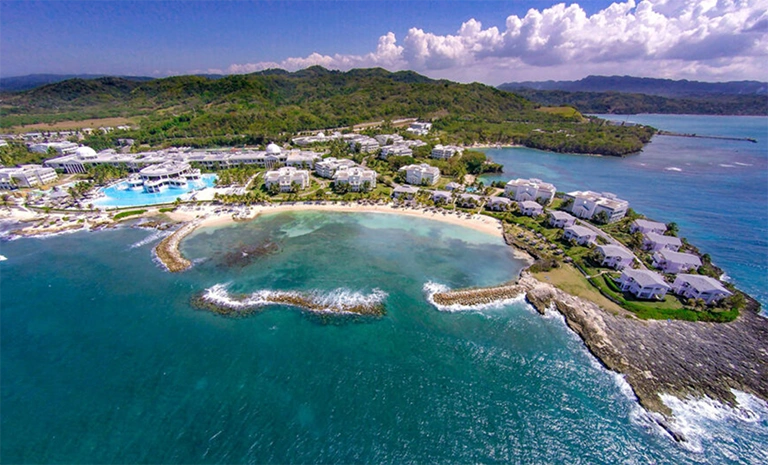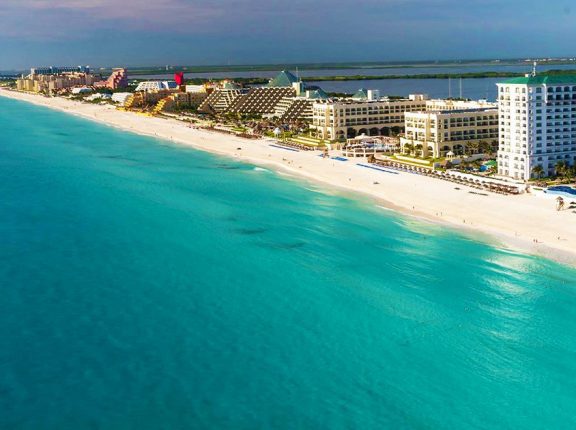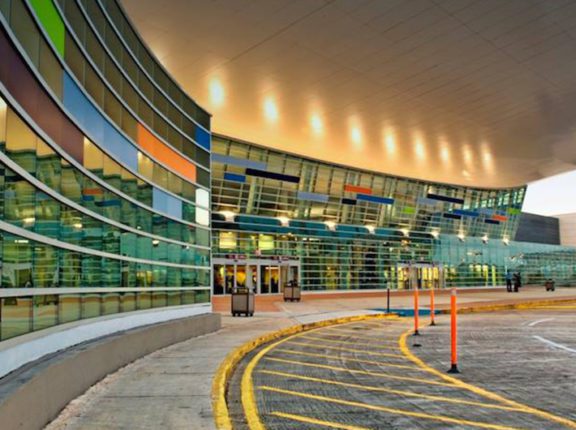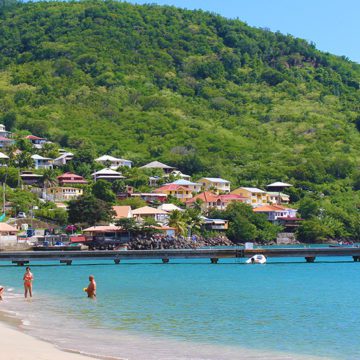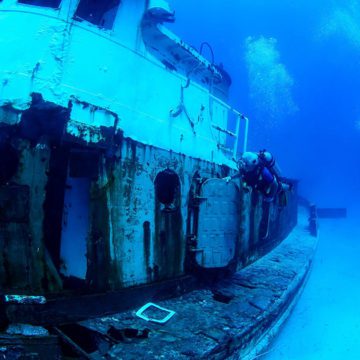Here’s How U.S. Law Applies To Any Company Doing Business In Cuba
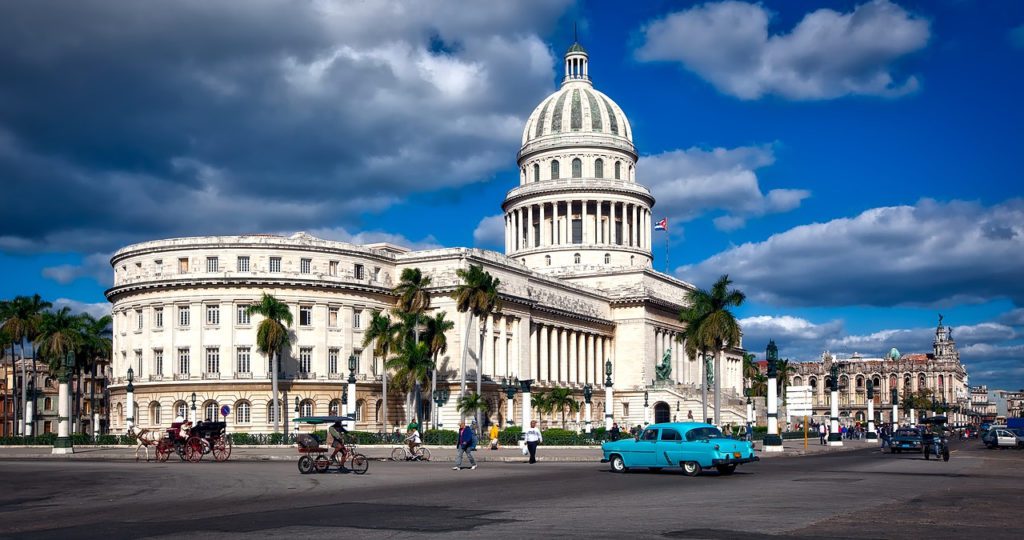
By some estimates, when Cuba transitions to a market-oriented economy and resolves its various disputes with the U.S., the island nation will require more than $50 billion of investment to modernize its economy.
Recent improvements in U.S.-Cuba relations have opened up some avenues of economic cooperation in terms of both trade and investment, but many U.S. firms have learned that capitalizing on Cuba’s once forbidden fruit requires patience and planning.
There are unique challenges of doing business with Cuba, including some special circumstances about Cuba’s economic system.
There is a lot of legal complexity and potential risk if you or your company is considered a “person of U.S. jurisdiction” when it comes to Cuba. This includes citizens or resident aliens of the U.S. Subsidiaries of foreign companies based in the U.S. are also subject to certain aspects of U.S. law.
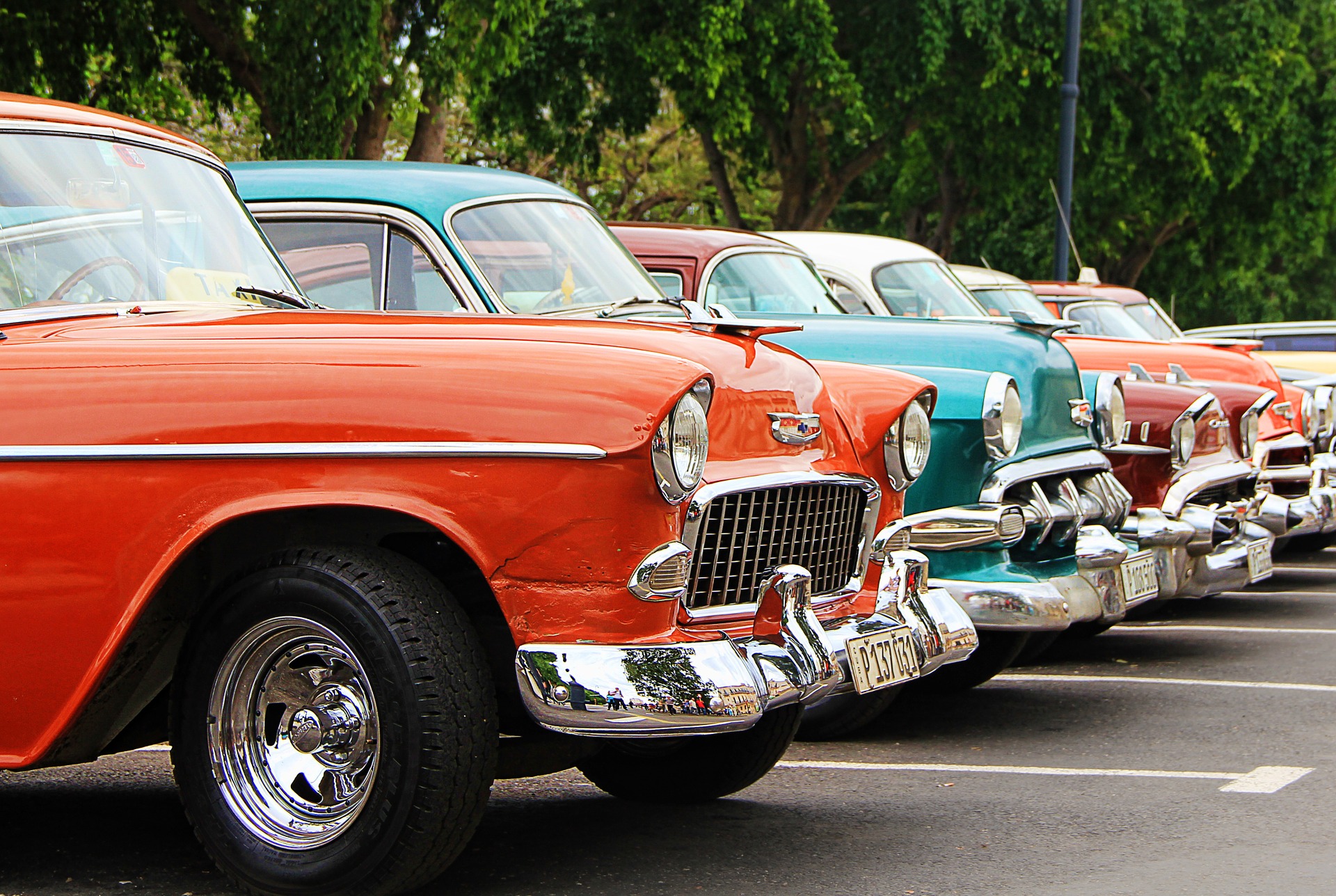
Furthermore, the Helms-Burton Act, passed by the U.S. Congress in 1996, provides for legal action, sanctions, and travel restrictions for non-U.S. companies and their executives dealing in the assets of U.S.-owned property confiscated after Cuba’s 1959 revolution. The Helms-Burton Act is part of a web of U.S. rules and restrictions commonly called “the embargo.” The Cubans refer to it as “the blockade” or “el bloqueo” in Spanish.
U.S. claims for confiscated assets have yet to be resolved and are part of the current bilateral negotiations between the U.S. and Cuba.
“Because of the many unknowns, we are advising our clients to proceed with caution,” Louis A. Dejoie, chairman of the international law practice group at McNees Wallace & Nurick in Harrisburg, Pa. “Things might change rapidly one way or another. With that caution, opportunities which we see as worth exploring include the following areas: Medicine and medical devices, civil aviation and ocean transportation, goods related to environmental protection and renewable energy, telecommunications, agricultural commodities, consumer communications devices, humanitarian and not-for-profit initiatives, importation of permitted goods from private Cuban entrepreneurs, Internet services and direct sales, and infrastructure projects.”
The U.S. Treasury’s Office of Foreign Assets Control (OFAC) administers and enforces economic and trade sanctions based on U.S. foreign policy and national security goals against targeted individuals and entities such as foreign countries, which includes Cuba. Former President Obama used executive authority to implement various changes to OFAC rules for travel and business in Cuba.
Violations of OFAC rules have attracted fines for individuals and banks alleged to have engaged in prohibited acts in Cuba and/or with Cuban nationals. Compliance with OFAC rules is essential for doing business in Cuba.
Another unique aspect of doing business in Cuba pertains to the Foreign Corrupt Practices Act (FCPA), a two-part U.S. law that addresses accounting transparency requirements under the Securities Exchange Act of 1934, and another concerning bribery of foreign officials.
Cuba’s economy is in transition from one almost totally controlled by a central communist government to one closer to a mixed economy where the private sector has a much greater influence. Many Cubans remain employed by the Cuban government and in some cases supplement their very low wages by working in Cuba’s small but emerging private sector, most notably in roles exposing them to tourists and foreign business executives.
Gifts and payments to foreign government officials to obtain or retain business could expose you to criminal and civil liability under FCPA. For example, obtaining preference for your tour group by offering cash (or anything of value) to a Cuban employed in the government-owned tourism sector could trigger an FCP action even if the amount of money involved seems trivial and even if you are in the U.S. at the time of the corrupt conduct.
Cuba is a safe place to visit and is considered favorably in terms of corruption among other Latin American countries. Before doing business in Cuba, plan carefully and obtain legal counsel to avoid attracting unwarranted attention from U.S. regulators and enforcement entities responsible for ensuring compliance with U.S. law.
The International Law Group of McNees Wallace & Nurick LLC assists companies from both the United States and abroad with legal and business transactions arising from its competition in the international marketplace. The Group provides sophisticated international legal services for clients ranging from Fortune 500 companies engaged in multinational transactions, to small-to-medium sized businesses looking to expand its markets and opportunities abroad.
